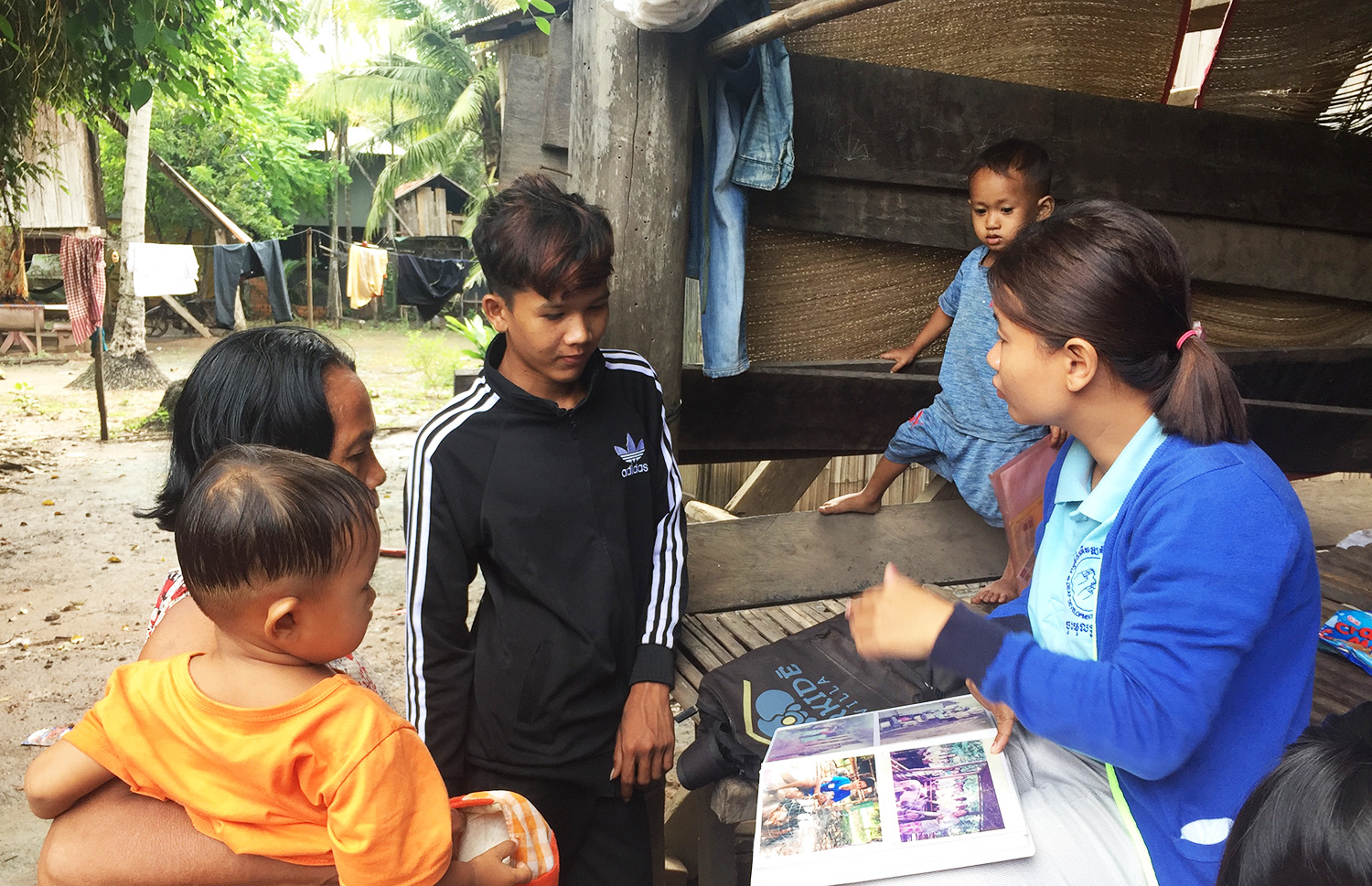
Tim Sreynich shows pictures of the Deaf Development Programme to a deaf teen and his mom at their home in a rural village in southeast Cambodia.
What types of experiences stand out to you when you look back at your childhood and the time spent with your family, your friends or in your community? Experiences help define who we are, and it is through those experiences that we form our identity.
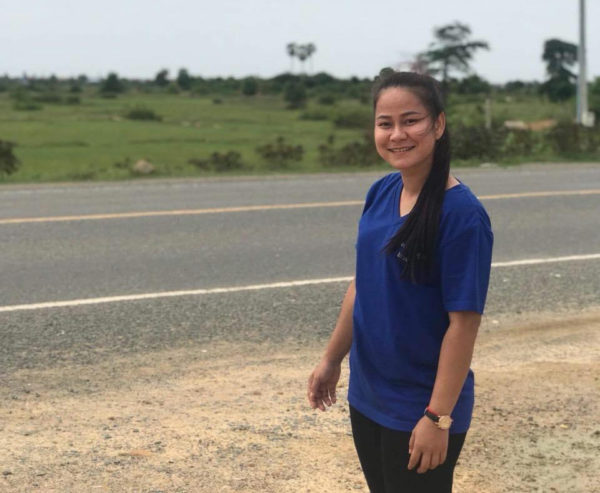
Former DDP student Sokhoeun Chham now works at DDP.
Sokhoeun lives in Cambodia, and what she experienced in her childhood was based on her observations and interactions with her family, with whom she did not share a common language. Being deaf, she communicated by gesturing, creating home signs, pointing and using objects.
I find inspiration in Sokhoeun’s story, and I recently learned how my ministry site at the Maryknoll Deaf Development Programme (DDP) has empowered and assisted her in this journey. I have enjoyed getting to know and learn from Sokhoeun, who has shared with me how the gift of language opened up her world to understanding, learning, connection, relationship and hope for the future. During her childhood and teen life, she lived a life of isolation and had a very limited under-standing of the world. Her turning point came when she was 19 and DDP staff came to her village.
A turning point that is empowering deaf people
In September I found out what that turning point was like and how DDP is empowering deaf people in Cambodia when I joined our outreach staff in a field work trip to the countryside to find families with deaf individuals.
Planning for the day involved contacting local leaders to ask them to identify deaf people in their village and tell us where they were located. We went out on a moto ride to the village, stopping every so often to ask for directions. After meeting the families, one deaf staff would show pictures and videos to the deaf individual, gesturing and using Cambodian Sign Language—which for many would be their first interaction with another deaf person.
For me it was a surreal moment to witness this, and I now keep that image with me as I see how the students develop their abilities once they enter DDP.
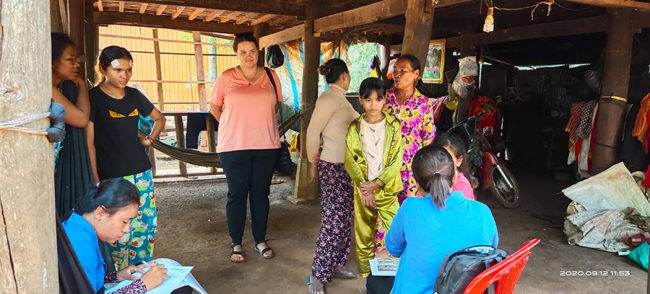
On a field work trip to the countryside, Julie Lawler joins fellow DDP staff at a deaf girl’s house.
With no formal education and no previous training in sign language, the deaf individuals that we met were shocked to see sign language and not sure how to respond. They were used to communicating only with a combination of gesturing, miming and home signs that their families had made. Meanwhile, in talking with the rest of the family, the hearing staff was able to spread awareness of issues related to deafness, answer questions they might have, and share how education is possible for their child and what to expect at DDP and once they graduate from there: Their deaf family members will have learned basic literacy in Khmer and will be able to get married, have a family, get a job and support their family.
After a visit like that from DDP staff, Sokhoeun’s family allowed her to come to Phnom Penh to receive two years of education. It was there that she learned Cambodian Sign Language (CSL), basic reading, writing and math, as well as a skill to earn a living.
Sokhoeun told me, “When I was at DDP, everything was so new to me and it took some time to learn, use and understand CSL. But as the months went by, things started to make sense and I was able to use CSL to learn about the world around me.” Today Sokhoeun lives an independent life in Phnom Penh and earns a living by working at DDP. She still keeps in contact with her family and visits them during the holidays.
Deaf program reopens after COVID-19 shutdown
My ministry at DDP started on Aug. 3, 2020, which made for an interesting transition since schools have been closed by the government since the middle of March due to COVID-19. DDP has not functioned at full capacity for some time because the students had only been in school for two and a half months before they were sent home for seven months. The staff were working from home during that time, and only recently have come back to DDP to work and organize the reopening of the program.
There were a lot of questions around the reopening: How many students would return? Which families would let their child come back? How would we prepare the classrooms for their return, following distancing recommendations and a safe ratio of students to teachers? How would we sanitize and enforce mask wearing, etc.? Since the reopening of the school in October, there has been much to do, and a new normal is beginning. I am being flexible, understanding and trying to make the most of my transition into working full time in ministry with DDP.
DDP has been empowering many deaf people in Cambodia and is continuing to make a profound difference in their lives. Each represents a small victory — just like in Sokhoeun’s journey. As the deaf students learned, grew in their language development using CSL and developed relationships with other deaf peers, they were finding the missing puzzle pieces of their lives. Their journey is not over, and there will still be obstacles and hurdles to face, but their experiences at DDP will help them form a new identity and path for the future.

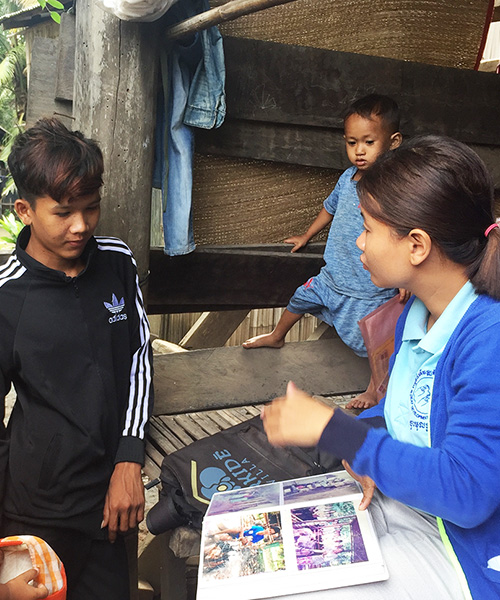

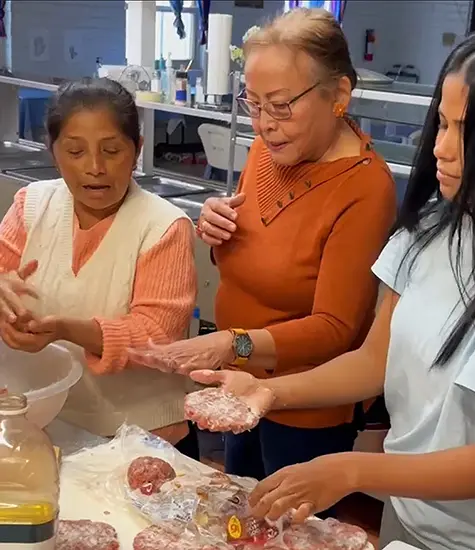
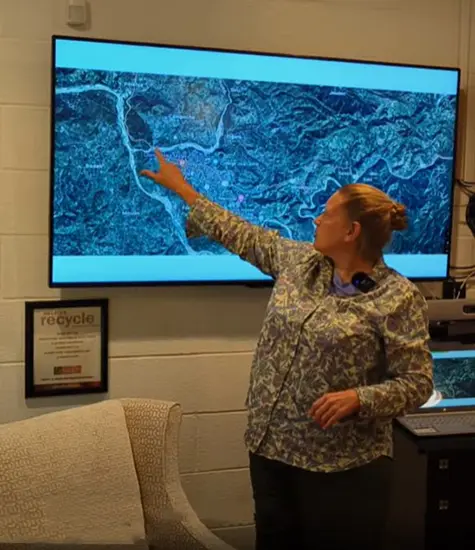
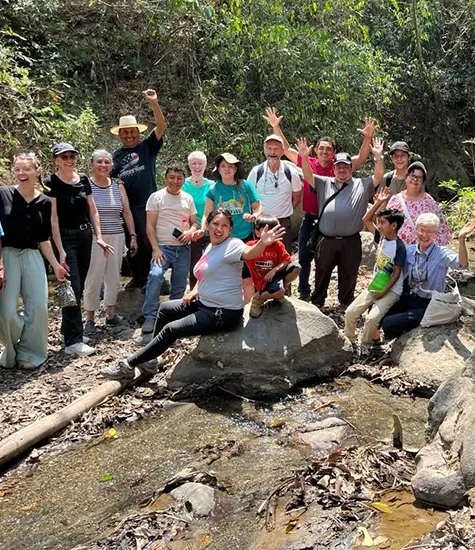




Hi Julie I am looking to retire next year but have been a teacher of the Deaf in the uk for 30 years and workings in Australia for one year I would like to look at teaching abroad , possibly Cambodia Thailand Vietnam ?
Just wondered if you had any advice on where to look and who to contact
Many thanks
Karen